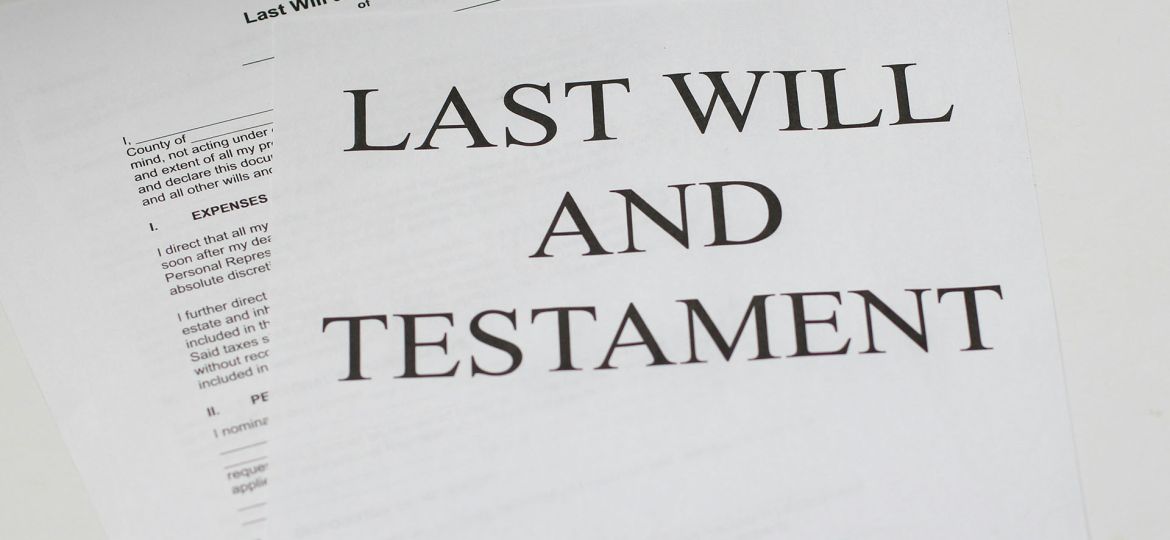When a person who owns property passes away, then the probate court becomes involved to oversee the division of property among those legally entitled to it. Probate, also known as estate administration, is the legal process of validating a will through which the assets of a deceased person are transferred to their beneficiaries and their final debts and expenses paid with court oversight and approval.
1A Fiduciary is a person who manages the property or arranges for the personal care of another.
2 An Executor or Executrix is a fiduciary that is named in the Last Will.
3An Administrator is a fiduciary that is appointed by the Probate Court.
1Testate means that a person died and left a Last Will.
2 Intestate means that a person died without leaving a Last Will.
1A testator is the person who drafted a Last Will.
1A will is simply a written declaration of a person’s (Testator’s) instructions for distribution of his or her property after death.
1To be a valid Will, the signer of the Will (Testator) must be at least eighteen (18) years old and be of sound and disposing mind. In addition, the Will must be signed by the Testator and attested by two witnesses in the Testator’s presence.
Why Do I Need An Attorney?
Steve understands that while the probate estate administration involves complex paperwork, financial accounting, and reports, there is much more involved than numbers and papers. He takes pride in offering not just solid legal guidance, but also compassionate support for grieving families as they navigate the probate estate administration process.
Steven Rasile has been assisting families for more than twenty years. As a full-service law firm, he can offer you the support you need with a variety of legal matters. When that need involves the loss of a loved one, and the administration of a probate estate, it’s important that you can to turn to a firm you already know and trust.
A Living Will is a document that states your wishes regarding any kind of health care you may receive. Should you be in a terminal condition or permanently unconscious, the living will can also tell your physician whether you want support systems to keep you alive or whether you do not want to receive such treatment, even if the result is your death. A living will goes into effect only when you are unable to make or communicate your decisions about your medical care.
An advance directive is a legal document through which you may provide your directions or express your preferences concerning your medical care and/or to appoint someone to act on your behalf. Physicians and others use them when you are unable to make or communicate your decisions about your medical treatment.
Advance directives are prepared before any condition or circumstance occurs that causes you to be unable to actively make a decision about your medical care.
In Connecticut, there are two types of advance directives:
• the living will or health care instructions
• the appointment of a health care representative
A Power of Attorney is a legal document that allows someone else to handle your legal, medical, or financial affairs. A Power of Attorney can be General, or it can be Limited. A General POA can cover a wide range of transactions. A Limited POA can cover very limited or specific situations.
An ordinary POA expires when the person becomes incompetent or when the date or event specified in the Limited POA expires. A Durable POA survives the person’s incapacity or incompetence. A Durable POA is normally used to plan for future medical emergencies, cognitive decline, or where someone may not be able to make their own decisions in the future.
The simple answer is NO! Once the person dies, the POA dies with it.


